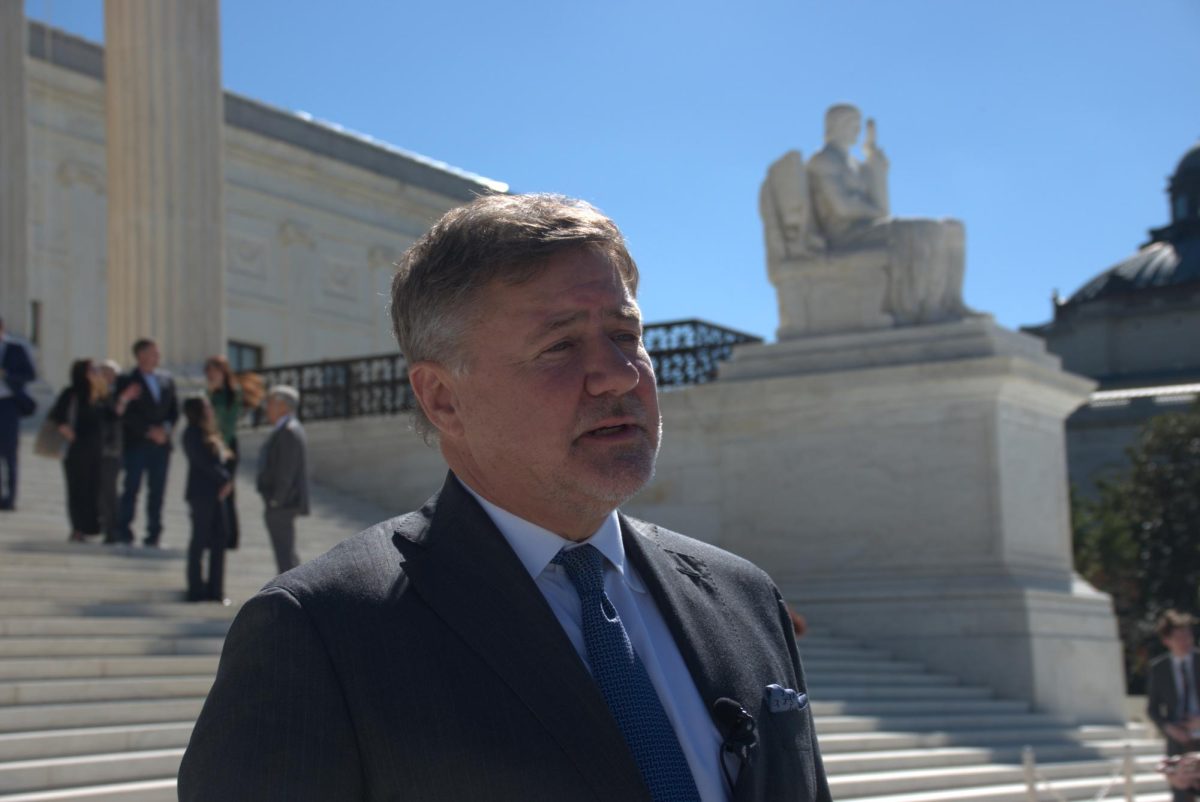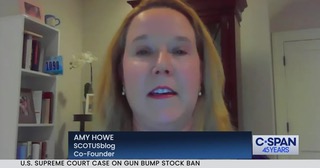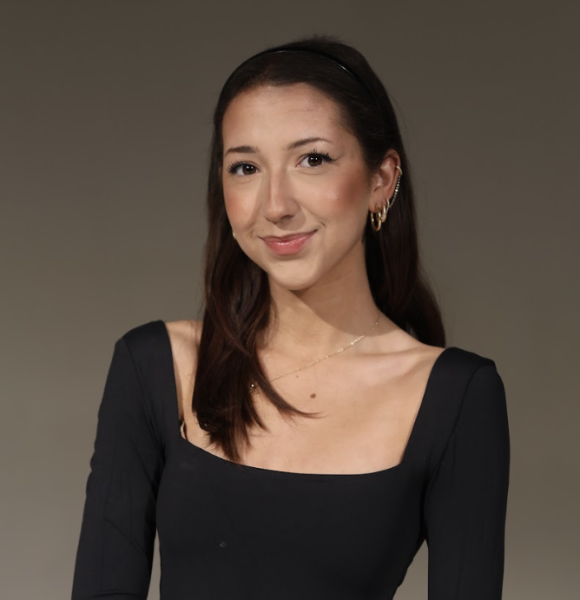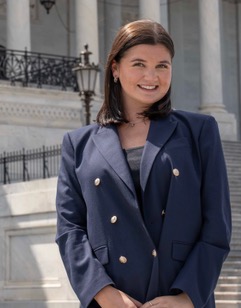WASHINGTON – In a cryptic nine word ruling, a deadlocked U.S. Supreme Court upheld a decision blocking Oklahoma state funding for the nation’s first religious public charter school.
“The judgment is affirmed by an equally divided Court,” the court wrote in its decision, ending efforts by some to secure state money to support religious instruction in Oklahoma, at least for now.
Faith tried to meet funding, but justices were not sold on state-sponsored sermons.
“This is far from a settled issue,” said Oklahoma Gov. Kevin Stitt said in a post on X. “We are going to keep fighting for parent’s rights to instill their values in their children and against religious discrimination.”
Stitt said that although the Supreme Court upheld a unanimous decision by the Oklahoma State Supreme Court that the St. Isidore proposal was unconstitutional, he believes a similar case in the future could have a different outcome, with Justice Amy Coney Barrett, who recused herself, serving as the tie-breaking vote.
Oklahoma Attorney General Gentner Drummond, who filed the lawsuit challenging the Statewide Virtual Charter School Board’s decision to grant funding to the Roman Catholic Archdiocese of Oklahoma City and the Diocese of Tulsa, disagreed.
“The Supreme Court’s decision represents a resounding victory for religious liberty and for the foundational principles that have guided our nation since its founding,” Drummond wrote in a statement. “This ruling ensures that Oklahoma taxpayers will not be forced to fund radical Islamic schools, while protecting the religious rights of families to choose any school they wish for their children.”
The decision moved forward despite warnings from Drummond, who cautioned that authorizing a publicly funded religious school could violate both state and federal law.
The court’s decision came less than a year after the state supreme court ruled it unconstitutional for the potential Catholic school to receive public funding. The proposed school, St. Isidore of Seville Catholic Virtual School, was to be operated by the state’s Catholic dioceses, Archdiocese of Oklahoma City and the Diocese of Tulsa.
The decision might not have been reached so quickly without Barrett’s recusal. She did not publicly disclose her reason for recusal, but it is most likely due to her close personal relationship with Nicole Stelle Garnett, a Notre Dame Law School professor who advised the St. Isidore school during its legal proceedings.
The dioceses said they intended to implement not only “the evangelizing mission of the church,” but faith-based syllabi and hiring decisions that historically have been strictly prohibited.
In June 2023, the Statewide Virtual Charter School Board voted to approve an application from the dioceses to establish St. Isidore- a tuition-free, K-12 institution.
Following the state court’s rejection, St. Isidore appealed to the U.S. Supreme Court. Oklahoma State Superintendent of Public Instruction Ryan Walters and Governor Kevin Stitt submitted briefs in support of the petitioners, along with more than 60 other people and organizations, emphasizing their stance on expanding parental choice in education, including the option to attend religious schools.
They were joined in March 2025 by U.S. Senators James Lankford (R, Oklahoma City), Ted Cruz (R, Texas), Kevin Cramer (R, North Dakota), Josh Hawley (R, Missouri) and Ted Budd (R, North Carolina) who also filed in support of the St. Isidore appeal.
In late April, the schools’ lawyer, James Campbell told the justices that by excluding religious schools from the charter system, the state is discriminating against religious adherents.
While those oral arguments for this case only took place in April, many considered Thursday’s standoff as a highly anticipated yet quick surprise. More so because some analysts even suspected that justices seemed “prepared to bless” the idea then, according to Politico.
Like 45 other states, Oklahoma has implemented a charter school system to allow more flexibility and autonomy in education, which is, by law, public and most notably, non-sectarian.
Privately run but publicly funded, charter schools serve 3.8 million students in the U.S. During the 2022-23 school year, 30 charter schools served 50,716 students, or about 7.2% of the overall student population in Oklahoma public schools.
Those who oppose the concept don’t want public school to turn into Sunday school- but some conservatives want to dismantle the separation of church and state, and this was a major case of that nature. Because the vote was unable to find a majority, there was no nationwide precedent set for religious charter schools. Cases like this one have the potential to shape religious and educational freedom in the U.S.
Barring the state from approving a religious charter means that a Catholic infused curriculum and government money are now declared mutually exclusive for only Oklahoma. This could open many questions for a Christian right makeover and what conservative educators from other states could preach from the pulpit.
The case highlights tensions within the Constitution’s First Amendment; one provision, the Establishment Clause, prohibits state endorsement of religion or preference for one religion over another, while another, the Free Exercise Clause, bars religious discrimination. During this case, they were pitted against each other, said Justice Sonia Sotomayor. She implied that the free exercise clause “trumps” the establishment clause- a verb that fits.
The decision did not include how each justice voted, only stating that the ruling was “affirmed by an equally divided court.” In a typical manner, most of the court’s conservatives indicated support for the school during oral arguments while liberals expressed their concerns.
According to the outcome, at least one conservative is likely to have sided with the liberals, and most suspect it to be Chief Justice John Roberts.
Gaylord News is a reporting project of the University of Oklahoma Gaylord College of Journalism and Mass Communication. For more stories by Gaylord News go to GaylordNews.net.




